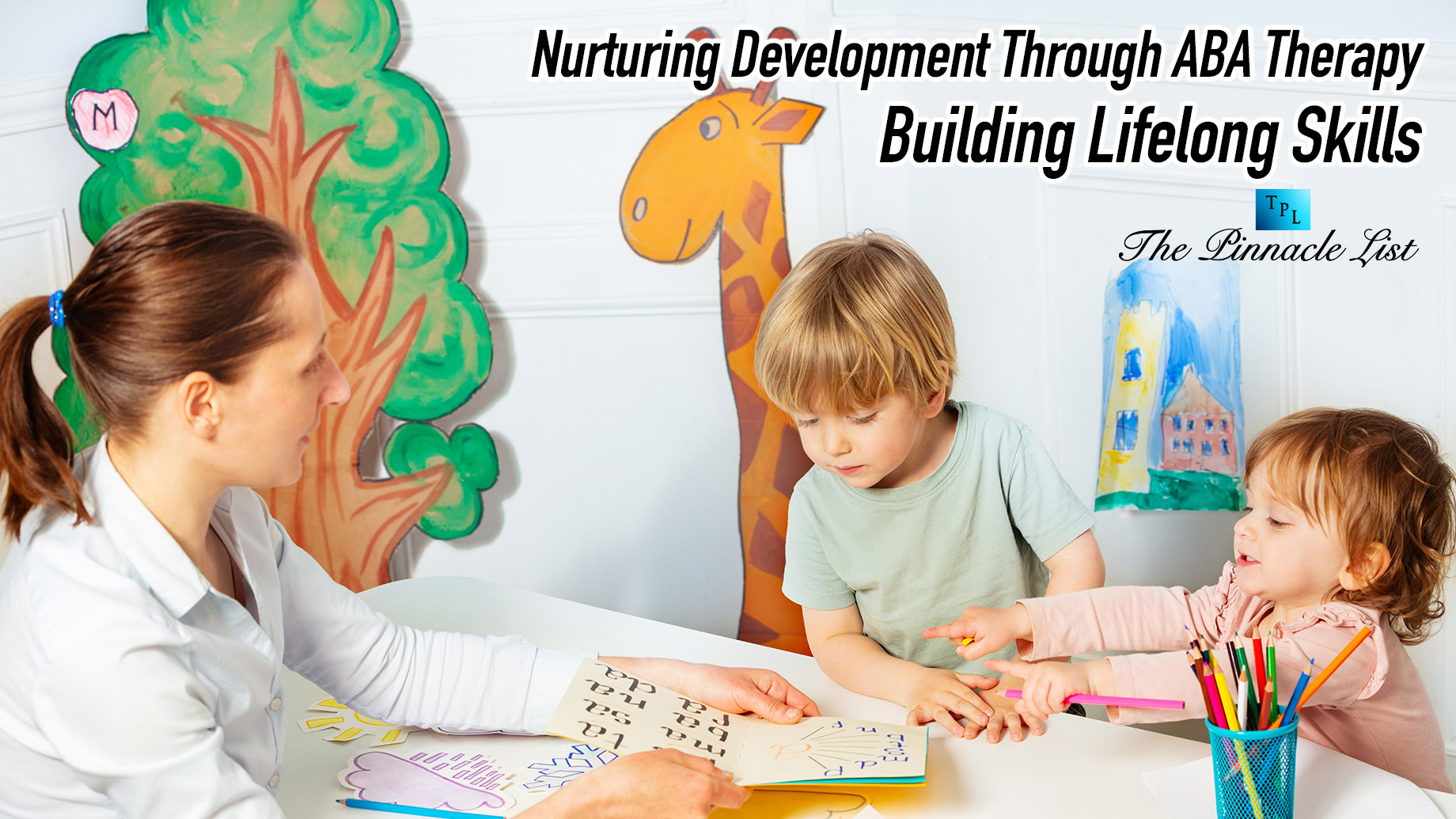
Applied Behavior Analysis (ABA) therapy is widely recognized for its ability to create meaningful and lasting changes in behavior. By focusing on essential skills like communication, social interaction, and emotional regulation, ABA therapy provides children with the tools they need to thrive in various environments. In Lawrenceville, GA, families have embraced ABA therapy as a cornerstone for their child’s developmental journey.
This article explores how ABA therapy supports skill-building, promotes independence, and paves the way for long-term success.
1. The Core Principles of ABA Therapy
ABA therapy is grounded in evidence-based methods that target specific behaviors and skills:
- Positive Reinforcement
- Encouraging desired behaviors by rewarding them appropriately.
- Behavior Analysis
- Identifying triggers, patterns, and consequences to shape effective interventions.
- Tailored Interventions
- Customizing therapy plans to address each child’s unique challenges and strengths.
2. Communication Skills: The Foundation of Connection
Effective communication is a vital skill that ABA therapy works to develop:
- Verbal and Non-Verbal Communication
- Teaching children to express their needs through words, gestures, or alternative communication devices.
- Understanding Social Cues
- Helping children recognize and respond to facial expressions, tone of voice, and body language.
- Conversational Skills
- Practicing turn-taking, asking questions, and maintaining dialogue with peers and adults.
3. Social Interaction: Building Relationships
Social skills are essential for creating meaningful connections with others:
- Learning to Share and Take Turns
- Games and group activities teach collaboration and patience.
- Developing Empathy
- ABA therapy encourages understanding others’ emotions and perspectives.
- Strengthening Peer Relationships
- Group therapy provides a safe space to practice social interactions.
4. Emotional Regulation: Managing Feelings and Responses
Understanding and managing emotions is a key focus of ABA therapy:
- Identifying Emotions
- Children learn to label their feelings and recognize them in others.
- Coping Strategies
- Techniques such as deep breathing, counting, or seeking help are introduced to manage stress or frustration.
- Building Resilience
- Gradually increasing challenges helps children develop the confidence to face new situations.
5. Daily Living Skills: Encouraging Independence
ABA therapy emphasizes practical skills that support independence in everyday life:
- Self-Care Skills
- Activities like dressing, brushing teeth, and preparing simple meals are broken into manageable steps.
- Household Responsibilities
- Tasks such as organizing toys or setting the table foster responsibility and motor skills.
- Navigating the Community
- Skills like crossing the street safely or interacting with store employees prepare children for real-world experiences.
6. The Role of Parent and Sibling Training
Family involvement enhances the effectiveness of ABA therapy:
- Consistency at Home
- Reinforcing learned behaviors in everyday settings ensures progress continues outside therapy sessions.
- Collaboration with Therapists
- Parents and siblings receive training to support therapy goals and address challenges proactively.
- Strengthening Family Bonds
- Shared activities and strategies create a unified approach to the child’s development.
7. Group Therapy: A Collaborative Approach to Learning
Group therapy complements individual sessions by providing opportunities for peer interaction:
- Practicing Social Skills
- Structured group activities allow children to engage with peers in a supportive environment.
- Learning from Others
- Observing and mimicking positive behaviors reinforces learning.
- Building Confidence
- Success in group settings fosters self-esteem and prepares children for school and community life.
8. How ABA Therapy Adapts to Different Stages of Development
ABA therapy evolves with the child’s growth, addressing age-specific needs:
- Early Childhood
- Focuses on foundational skills like communication, play, and emotional regulation.
- School-Age Years
- Prepares children for academic success by enhancing focus, problem-solving, and social interaction.
- Adolescence and Beyond
- Emphasizes self-advocacy, vocational skills, and independence.
9. Tracking Progress Through ABA Assessments
Regular assessments are crucial for measuring success and refining therapy plans:
- Baseline Evaluations
- Establish initial levels of behavior and skills to set measurable goals.
- Progress Monitoring
- Data-driven analysis identifies areas of improvement and adjusts strategies as needed.
- Celebrating Milestones
- Recognizing achievements motivates continued effort and growth.
10. ABA Therapy in Georgia
Families in Georgia, have access to ABA therapy programs that combine individualized care with collaborative support. Providers like Kids Club ABA specialize in creating comprehensive plans that integrate one-on-one therapy, group sessions, and family involvement. These programs are designed to empower children, helping them achieve milestones and thrive in their communities.
11. Conclusion
ABA therapy is a powerful tool for nurturing essential skills that support lifelong development. From communication and social interaction to emotional regulation and independence, the benefits of ABA therapy extend across every aspect of a child’s life.
In Lawrenceville, GA, families can rely on programs like Kids Club ABA to provide the guidance, support, and expertise needed to help their children reach their full potential. Through consistent collaboration and dedication, ABA therapy paves the way for meaningful progress and lasting success.